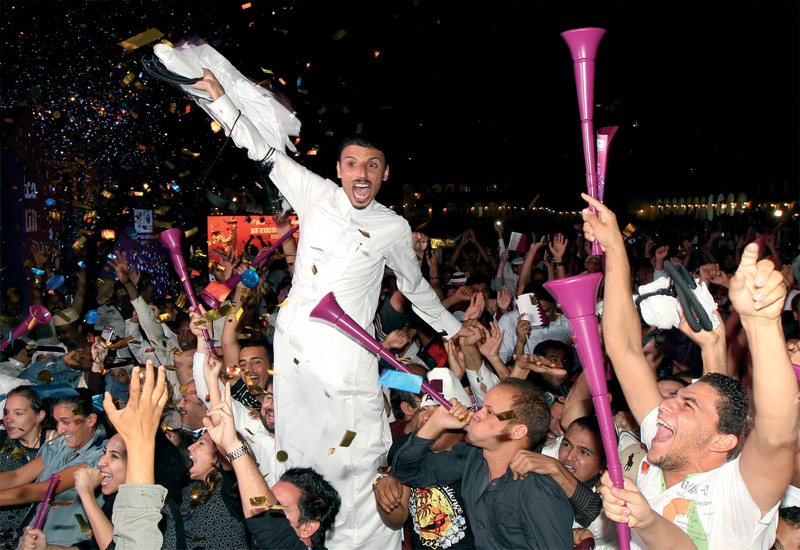Al Emadi admits that it’s essential Qatar works out all these issues in the 12 years leading up to event so that the country can fully capitalise on the benefits of the World Cup for the tourism sector in the years to come; “The Qatar 2022 bid is not just about the stadiums and the event itself, it is also about the people who will come and how their experience is going to be,” he said.
“People will spend most of their time outside football stadiums and around the city, and that is something the bidding committee was keen to address. We are working on creating a complete and unique experience so those who come go back with plans to visit Qatar. We have to carefully consider projects we put in place and the fact that there will be life after the World Cup.”
It’s a tough game: do countries benefit from hosting major sporting events?
Sports tourism is one of the fastest-growing sectors of the tourism industry — predicted to grow annually by six% over the next five years. But it’s also one of the most controversial.

| Advertisement |
At a seminar held recently at World Travel Market, experts debated the pros and cons of sports tourism, and how while the “impression prevails that those who successfully bid for a major sporting event automatically hit the golden jackpot” there is also a “misplaced view about how to make considerable, high-yield profit with relative ease.”
Tom Jenkins, executive director, European Tour Operators Association (ETOA) said that major sporting events can actually do more damage to a destination than good. Jenkins described the Olympic Games as “comparatively toxic in tourism terms.”
“Hosting the Olympic Games throws down problems for the inbound tourism sector,” he said. “One of the problems is the complete inability of cities to predict accurately how many tourists the event will attract. Sydney thought it would receive 132,000 people, but in reality they got 18,000 a day. Athens thought it would receive 105,000 a day, but they got about 9,500. Beijing thought it would receive close to 400,000 but it received 18,500 per day.”
According to Jenkins, hotel occupancy is traditionally shown to slump in cities either side of hosting a major sporting event. “In 2008, Beijing saw a 50% slump in occupancy before and after the Olympic Games.” “We have done research among our members which shows that two thirds of tour operators expect a similar decline in Britain in 2012 [during and after London 2012].”
Chris Foy, head of 2012 Games Unit, VisitBritain said the UK tourism board was working hard to mitigate against the “legendary stayaway factor” during the London Olympics 2012.
For last year’s World Cup hosts South Africa, the impact of the event on the tourism sector was a positive one, said Roshene Singh, chief marketing officer, South Africa Tourism. South Africa witnessed a 12.8% increase in visitor numbers during the event.
Singh admitted that the destination experienced some “displacement”, in terms of traditional tourists avoiding South Africa during the World Cup, but added: “I think this is now being corrected and more people are coming to South Africa. We saw with the World Cup how our brand positivity has increased, making the country a much more attractive place to visit.”









 Search our database of more than 2,700 industry companies
Search our database of more than 2,700 industry companies









